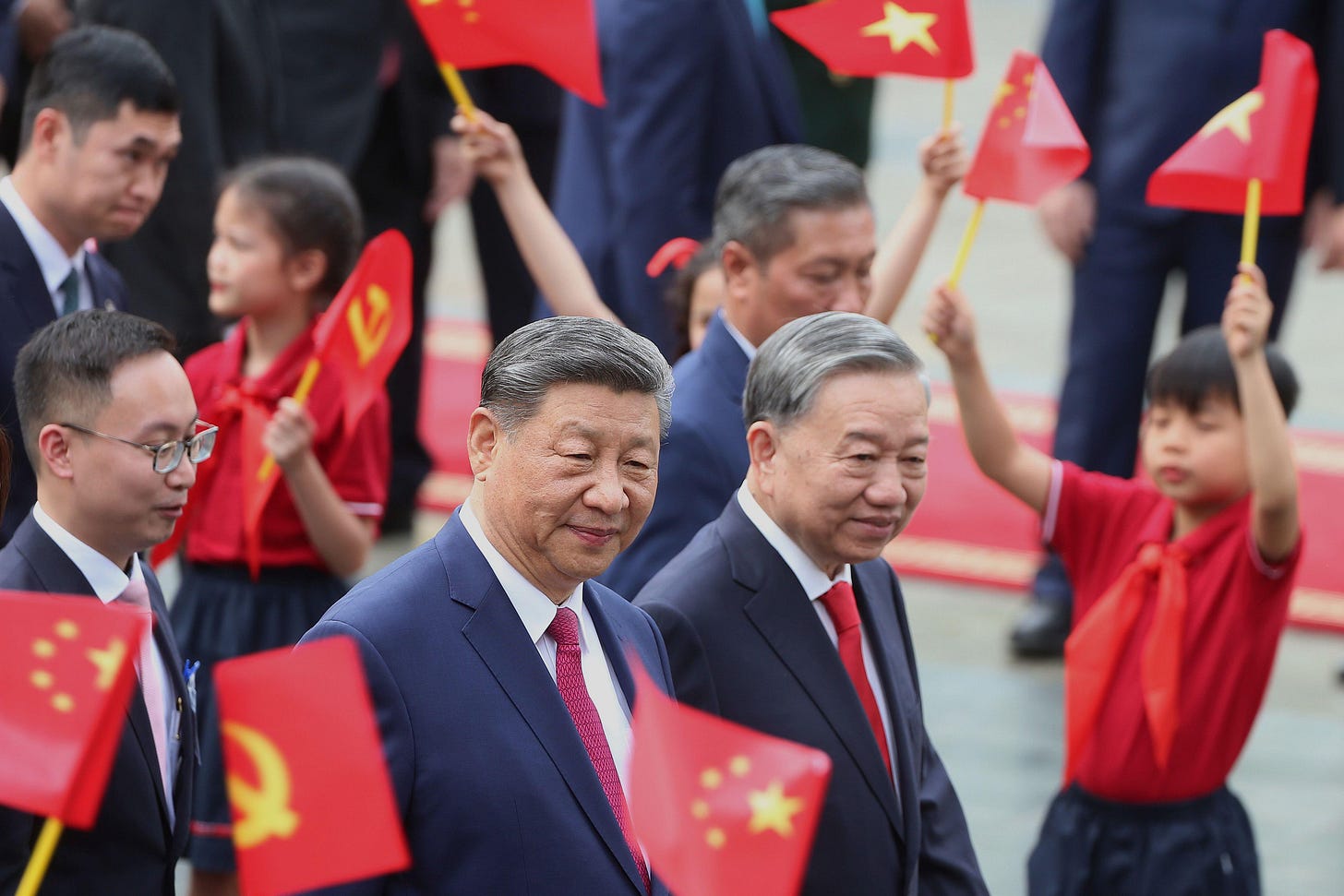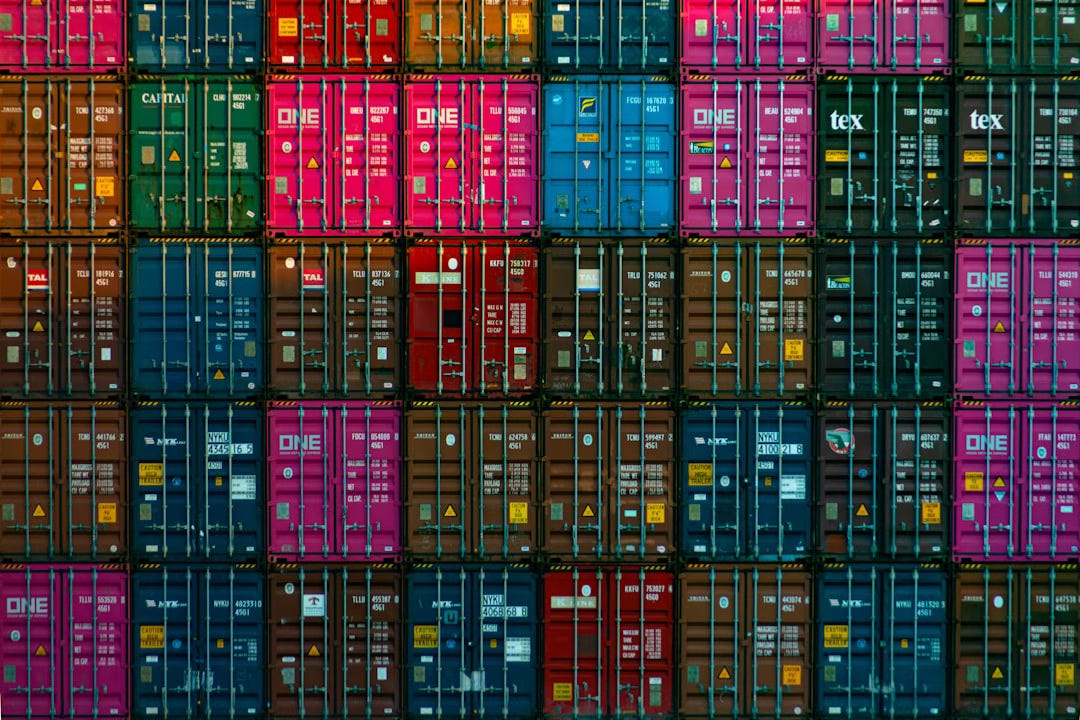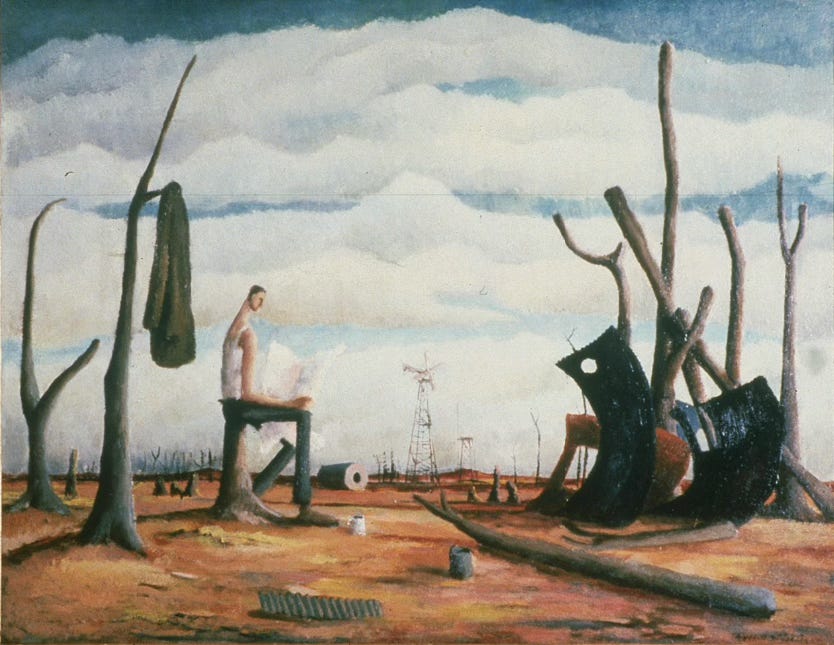

China’s Xi Jinping has urged his neighbours to join him in resisting Donald Trump’s “unilateralism and protectionism” as he kicked off his tour of Southeast Asia today, in a bid to get countries on side as the US and China remain locked in a trade war.
Xi is in Vietnam, before heading to Malaysia and Cambodia later this week, with the stated aiming of deepening “all-round cooperation”.
Trump’s chaotic trade policy unquestionably threatens to inflict serious harm on Beijing’s economy. Yet Xi’s tour draws attention to the ways in which it could present China with a strategic opportunity too.
It is no coincidence that all three of the Southeast Asian nations that the Chinese leader is visiting have been threatened with eye-watering tariffs in recent weeks. Trump’s “liberation day” import taxes on Cambodian, Vietnamese and Malaysian goods amounted to 49, 46 and 24 per cent respectively.
All three are among the 75 countries spared from higher tariff rates for now, after Trump announced a 90-day delay to allow for negotiations. But their notion of Washington as a reliable trading partner will have been severely rocked. And Xi is capitalising on that.
“China will ensure continuity and stability of its neighborhood diplomacy,” he wrote in an editorial for Nhan Dan, the official newspaper of Vietnam’s Communist Party, as he called on fellow Asian countries to help “inject more stability and positive energy into a chaotic and intertwined world.”
It’s a reminder that Trump’s aggressive trade policies could push other nations - including allies of Washington - closer to China, furthering Xi’s goal to displace American hegemony and establish a new world order.
After Trump first raised tariffs on Beijing at the end of March, South Korea, Japan and China held their first economic talks in five years and agreed to speed up negotiations for a free trade agreement. Trump’s recent tariff announcements give them every reason to accelerate these efforts. A blow to American interests given how hard recent US administrations have worked to court Japan and South Korea in order to counter Chinese influence in the region.
Nor is it just China’s ordinarily distrusting neighbours that could seek rapprochement with Beijing in light of the US President’s extreme policies. The chaos unleashed on so-called liberation day has already prompted EU and Chinese officials to discuss holding a joint trade summit in July.
That’s not to say that many of these countries don’t also share some of the same trade concerns as Washington when it comes to Beijing: analysts - including in Southeast Asian countries - have long been worried about the economic impact of cheap Chinese goods flooding their domestic markets.
It’s also not to say that Trump’s extraordinary 145 per cent import tax won’t have some severe consequences for Beijing. China’s economy - which is already contending with a prolonged property slump, deflation, high youth unemployment and a birth rate crisis - is heavily reliant on exports to meet its growth targets.
However, even when it comes to its domestic economy, Beijing may prove more resilient than Trump has bargained for.
As Linggong Kong writes in The Conversation, since Trump first launched his tariff war on China in 2018, the importance of the US market to China’s export-driven economy has declined significantly. In 2018, US-bound exports accounted for 20 per cent of China’s total exports. By 2023, that figure had fallen to less than 13 per cent.
What’s more, by 2022, the US relied on imports from China for 532 of its 5,000-long key product categories - a near-fourfold increase from 2000 – while China’s reliance on US products was cut by roughly half over the same period.
China still mines and refines most of the world's - increasingly valuable - rare earth metals, accounting for roughly 72 per cent of US rare earth imports. And tech companies such as Apple and Tesla remain heavily reliant on Chinese manufacturing. No wonder Trump’s s-called First Buddy has labelled US trade adviser Peter Navarro a “moron”.
As the world’s two largest economies remain locked in their vicious trade standoff, China shows no sign of caving. Perhaps because it’s confident it has the winning hand.
Caitlin Allen
Deputy Editor
ON REACTION TODAY
Ian Stewart
Tariff uncertainty: implications for growth and inflation
Andrew Wilton
Stop and Look: Man reading a Newspaper by Russell Drysdale
ALSO KNOW
Betting scandal resurfaces - Former Conservative MP Craig Williams is among 15 people, including several other senior Tories, to be charged by the Gambling Commission for alleged cheating in connection to bets placed on the timing of the 2024 general election. Those charged are due to appear at Westminster magistrates court on 13 June 2025, the Gambling Commission said.
Ukraine reels from Sumy attack - Volodymyr Zelensky has urged the US President to visit Ukraine following a Russian attack yesterday on the Ukrainian city of Sumy that killed 37 people and wounded 117. Russia's defence ministry claims it targeted a meeting of Ukrainian military commanders, but Zelensky said today that all the damaged sites are civilian ones.
No end to Birmingham bin strike in sight - Striking refuse workers in Birmingham have voted overwhelmingly this afternoon to reject the council’s “totally inadequate” offer which still included substantial pay cuts for workers. Army specialists have been drafted into the city by Deputy PM Angela Rayner to help tackle the mounting piles of rubbish on the streets amid a month-long bin strike over pay.
All-female space flight - A six-women crew - which includes singer Katy Perry and Jeff Bezos’s partner Lauren Sanchez - landed safely today after being blasted into space on board on a rocket made by Blue Origin, the Amazon’s founder’s private space company.
FIVE THINGS
China’s new underwater tool has exposed the vulnerability of vital network of subsea cables, warns The Conversation
Could Ozempic cure your phone addiction? asks The Spectator
What President Trump’s team wants from the rest of the world, in The Washington Post
BBC Future on the mission to save Italy's historic mussel farming sea – using plants
The political roots of the baby bust, in COMPACT












